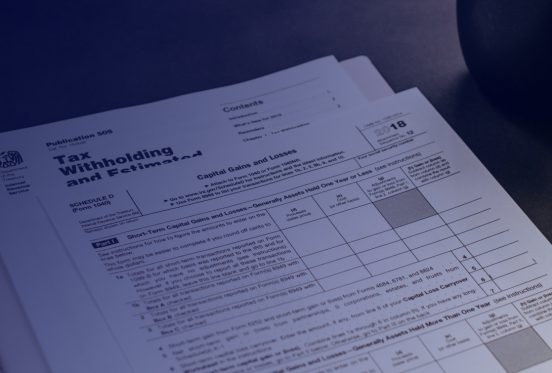Trudeau’s resignation and the tax uncertainty around the capital gains inclusion rate increase


On April 16, 2024, the Canadian government announced an increase to the capital gains inclusion rate from 50% to 66.67% for corporations and trusts, as well as individuals on the portion of annual capital gains exceeding $250,000, for gains realized on or after June 25, 2024.
On September 23, 2024, the government tabled a Notice of Ways and Means Motion to introduce the legislation, originally tabled on June 10, 2024. However, the bill failed to pass due to opposition from the Conservative party.
On January 6, 2025, Justin Trudeau announced his resignation as Prime Minister, effective upon the selection of a new Liberal Party leader. Parliament was subsequently prorogued until March 24, 2025, terminating all pending legislation, including the capital gains inclusion rate proposal. This means the bill must be reintroduced when Parliament resumes.
Despite the prorogation, the Canada Revenue Agency (“CRA”) has stated it will continue to administer the proposed capital gains inclusion rate increase as if it were law, even though it has not received Royal Assent.
The future of the proposed capital gains changes will depend on the evolving political landscape. The Liberal government could reintroduce the legislation when Parliament reconvenes, but opposition parties, Conservatives and NDP, have expressed their intent to challenge the Liberals, potentially leading to an early 2025 election.
In the meantime, taxpayers face uncertainty regarding how to handle capital gains reporting and tax remittances. A conservative approach could be to prepare for the higher 66.67% inclusion rate by remitting taxes based on the proposed roles, minimizing the risk of additional taxes, penalties and interest, if the legislation passes. If changes are not enacted, any overpayments can be refunded or applied to future instalments. Others advisors have suggested filing based on the 50% inclusion rate, as taxpayers are not legally required to follow unenacted legislation. The CRA has offered penalty and interest relief for corporations and trusts with filing deadlines on or before March 3, 2025, which may reduce risks under this approach.
We advise calculating your tax liability under both the current and proposed inclusion rates and consult with your tax professional to determine the best course of action. The recent political uncertainty, combined with the CRA’s decision to administer the proposed rules, adds significant complexity to this year’s tax filings. We recommend staying informed about developments in the Canadian political landscape and monitoring any legislative changes that may impact your tax position.
The Canada Revenue Agency (CRA) has come under renewed scrutiny following a critical 2025 report from the Auditor General of Canada. While taxpayers have long been aware of service challenges at the CRA, this report confirms systemic issues that affect every taxpayer who release on CRA contact centres or online tools for guidance.
The Government of Canada has announced temporary goods and services tax / harmonized sales tax (“GST/HST”) relief {{view-more}} on children’s clothing, toys, games, books, food and beverages.
Canadian businesses will be required reduce GST/HST to zero on a variety of qualifying products between December 14, 2024, to February 15, 2025. {{view-more-end}}
Capital gains inclusion rate The capital gains inclusion rate will increase from 50% to 66.67% for capital gains realized on…
K&P CPAs, a boutique licensed public accounting and valuations firm based in Toronto, Canada, is pleased to announce its adoption…
Introduction Canada is currently experiencing a significant demographic shift that is reshaping the landscape of wealth distribution: the inter-generational transfer…
Introduction Clients often approach us inquiring about what a business valuation entails. Their interest stems from many situations that include:…
Introduction Business owners often benchmark their businesses against a rule of thumb to identify a preliminary valuation for their business….
Businesses must repay their CEBA loan by January 18, 2024, to be eligible for the forgivable portion of the loan….
Certain trusts, including bare trusts, that were previously not required to file a trust return, will be required to do…
Bare trusts will be required to file a T3 Return, and report beneficial ownership information on Schedule 15. The new…
On October 19th, 2021, the Government of Ontario launched the Ontario Business Registry online service to provide businesses and not-for-profit…